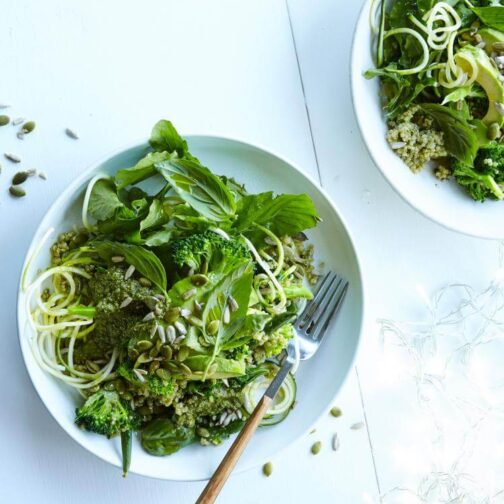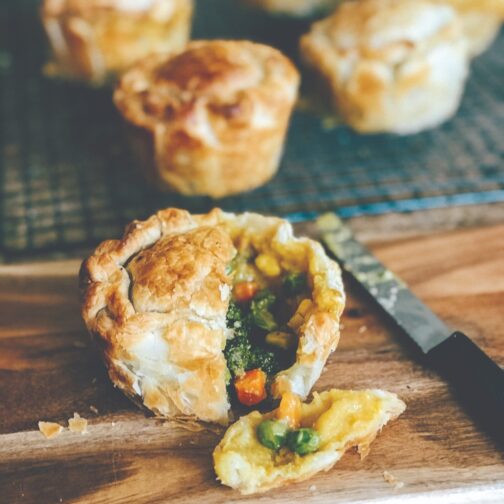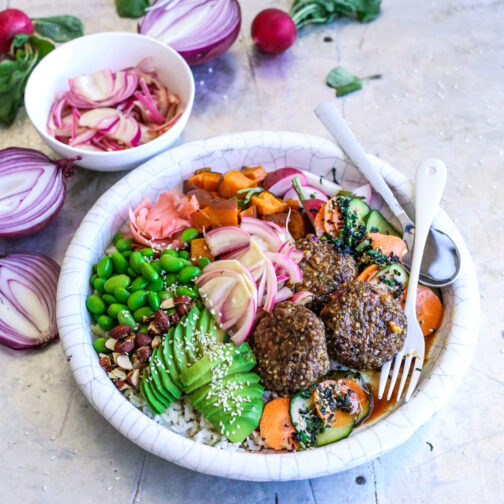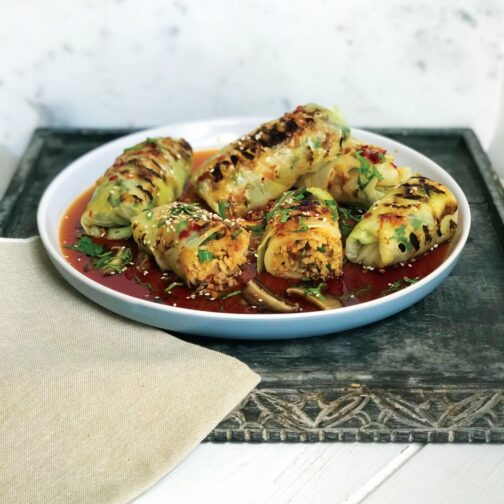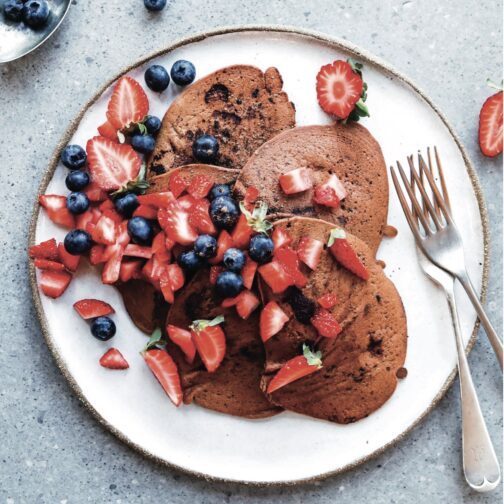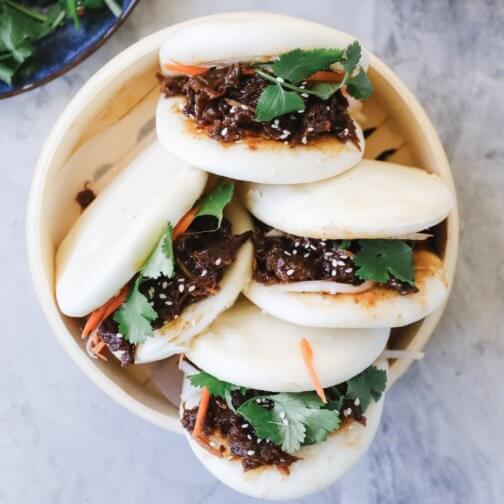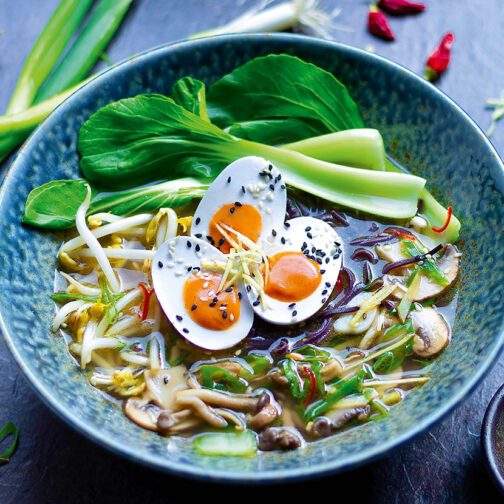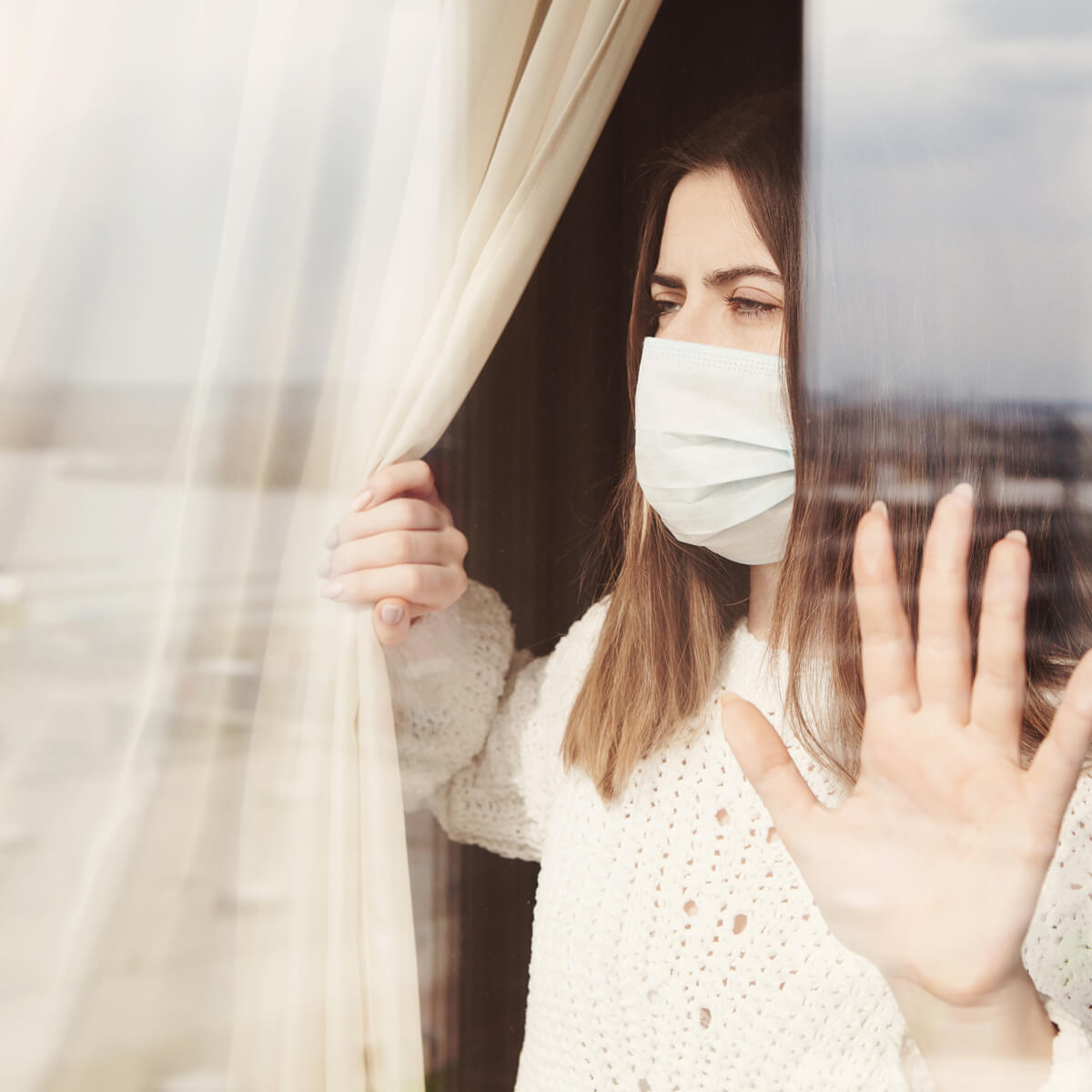
As the vaccination rollout continues across Australia and campaigns like #VaxTheNation gain momentum, some people are asking if it's vegan to get vaccinated. We unpack the FAQs.
With COVID-19 still having major effects on daily life – including large swathes of Australia’s population currently in lockdown – the question on everyone’s lips is, “when will this end?” The answer, according to experts, is that we won’t stem the tide of the pandemic without mass vaccination, both nationally and globally.
So, where does the vaccine fit within a vegan philosophy? Does getting vaccinated undermine our veganism, given that all of the available vaccines were tested on animals?
We, along with many vegan organisations and health experts, don’t think so. That’s not because we’re okay with animal experiments. We’re not. But, while animal trials are still legally required in medical research, we don’t think accepting medical interventions makes a person any less vegan.
Of course, it’s up to every individual to make the decision that’s right for them, in consultation with their doctor. But to help unpack the facts and issues from an ethical perspective, let’s answer some of the common questions that vegans have been asking themselves.
Q: Are any of the available vaccines vegan?
The vaccines approved for use in Australia are those made by Pfizer, AstraZeneca, and Moderna. Our understanding is that none of these contain animal ingredients in the finished product, although some animal-derivatives may have been involved in their development or during the manufacturing process.
However, even if there are no animal ingredients in the doses that go into our arms, sadly they have all been tested on animals, which is currently a legal requirement in Australia, as it is globally.
This means the vaccines cannot be considered vegan products.
Q: So, should vegans refuse the jab?
No, not if the reason is adhering to veganism. This is where we come back to the accepted definition of veganism, which in short is: “a way of living which seeks to exclude – as far as is possible and practicable – all forms of exploitation of, and cruelty to, animals”.
In a case like the COVID-19 vaccine where there are no practical alternatives, refusing the vaccine – or any medical treatment that’s been tested on animals by law – won’t make us a ‘better vegan’.
Dr Ash Nayate, a Melbourne-based neuropsychologist and vegan, has been clear on this since well before COVID-19. As she puts it, “When there is no ethical alternative, our dependence on unethical practices does not mean we condone them.”
Instead, Dr Ash, along with vegan organisations and other vegan health experts, encourages us to look after our health, and that of the wider community, so we can be active advocates for a more compassionate world.
Q: Doesn’t my vegan diet protect me without the vaccine, though?
While the pandemic has certainly highlighted the huge value of healthy lifestyles, including the benefits of eating a whole food plant-based diet to optimise our underlying health and immune system functioning, there is no substitute for inoculation when it comes to preparing our body to fight off the virus. It’s also important to remember that getting vaccinated protects other people, not just us. The more of us who get the vaccine, the less spread there will be, and the less risk of passing it on to those who may be more vulnerable to severe infection than we are.
Q: So, how can I help lab animals?
There are a number of nonprofits working to raise awareness about the cruelty and inefficacy of using animals in research and promote scientifically valid, non-animal alternatives. We can all be part of the solution by getting behind their efforts to see animal experimentation consigned to the history books. Check out Humane Research Australia, Animal Free Research UK or the Physicians Committee for Responsible Medicine for lots of resources and ways to get involved.
***
Here at Nourish HQ, everyone in our team who is eligible and medically approved for the vaccine is getting it. While we long for a world where no animals suffer in labs, we know that refusing the vaccine won’t help them. Instead, we accept that this is one of those instances where it’s not possible or practicable to avoid using a non-vegan product.
Like many others who are committed to living a compassionate, sustainable and healthy life, we are doing the best we can in an imperfect world. By getting our jabs, and following public health advice to minimise spread, we are doing our part to protect ourselves and others so we can all get safely back out there and put our ethics into action in the community – from supporting our favourite plant-based businesses, to attending animal-friendly events, to joining up with like-minded people to advocate the causes we care about most.



